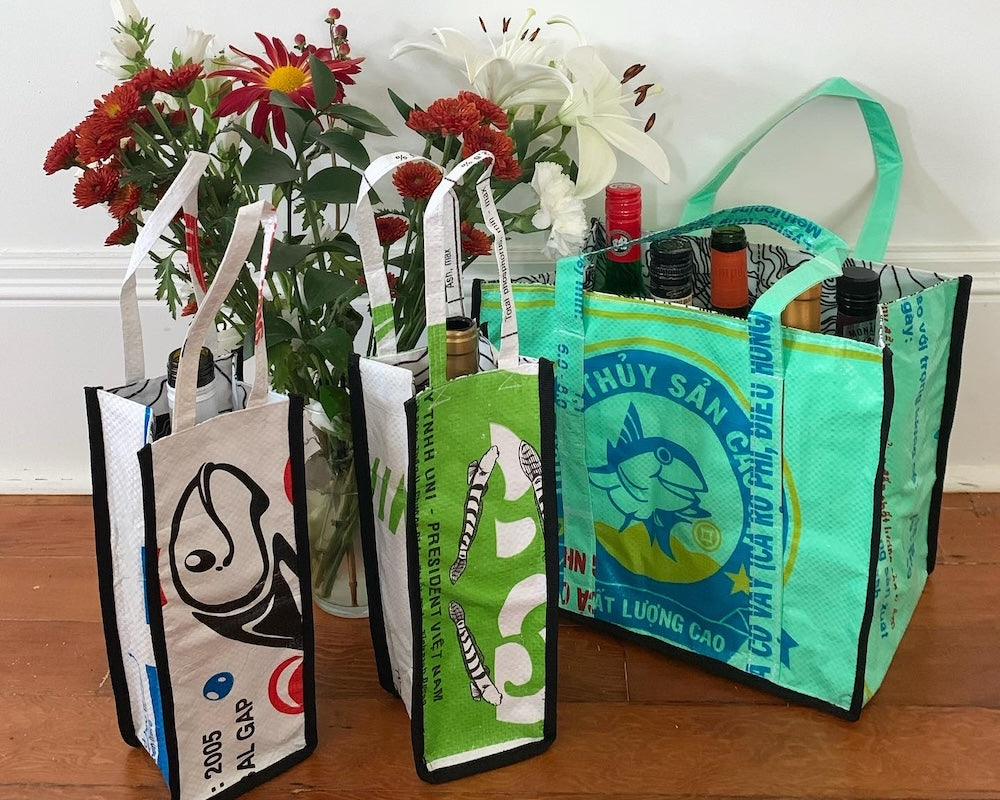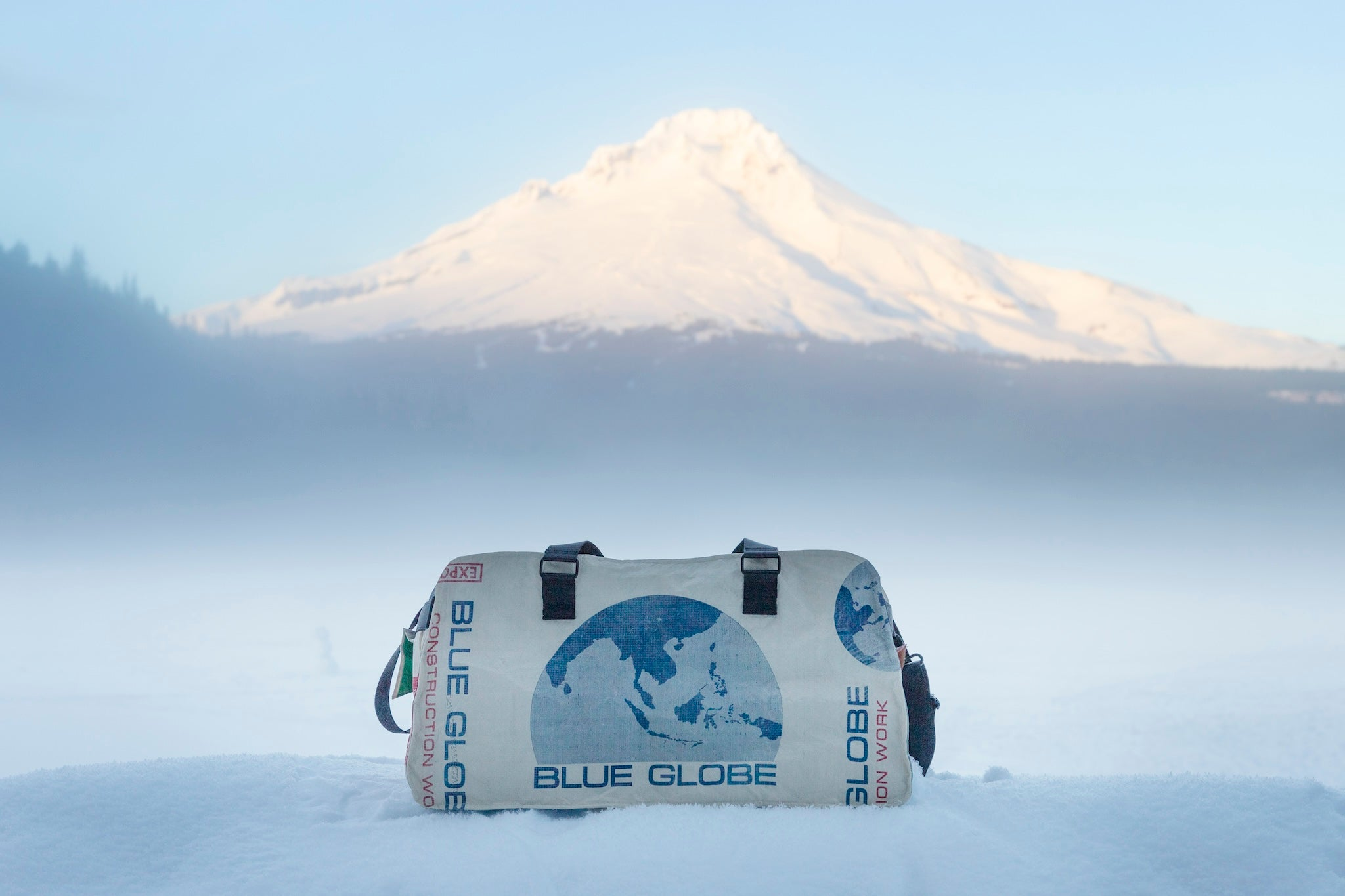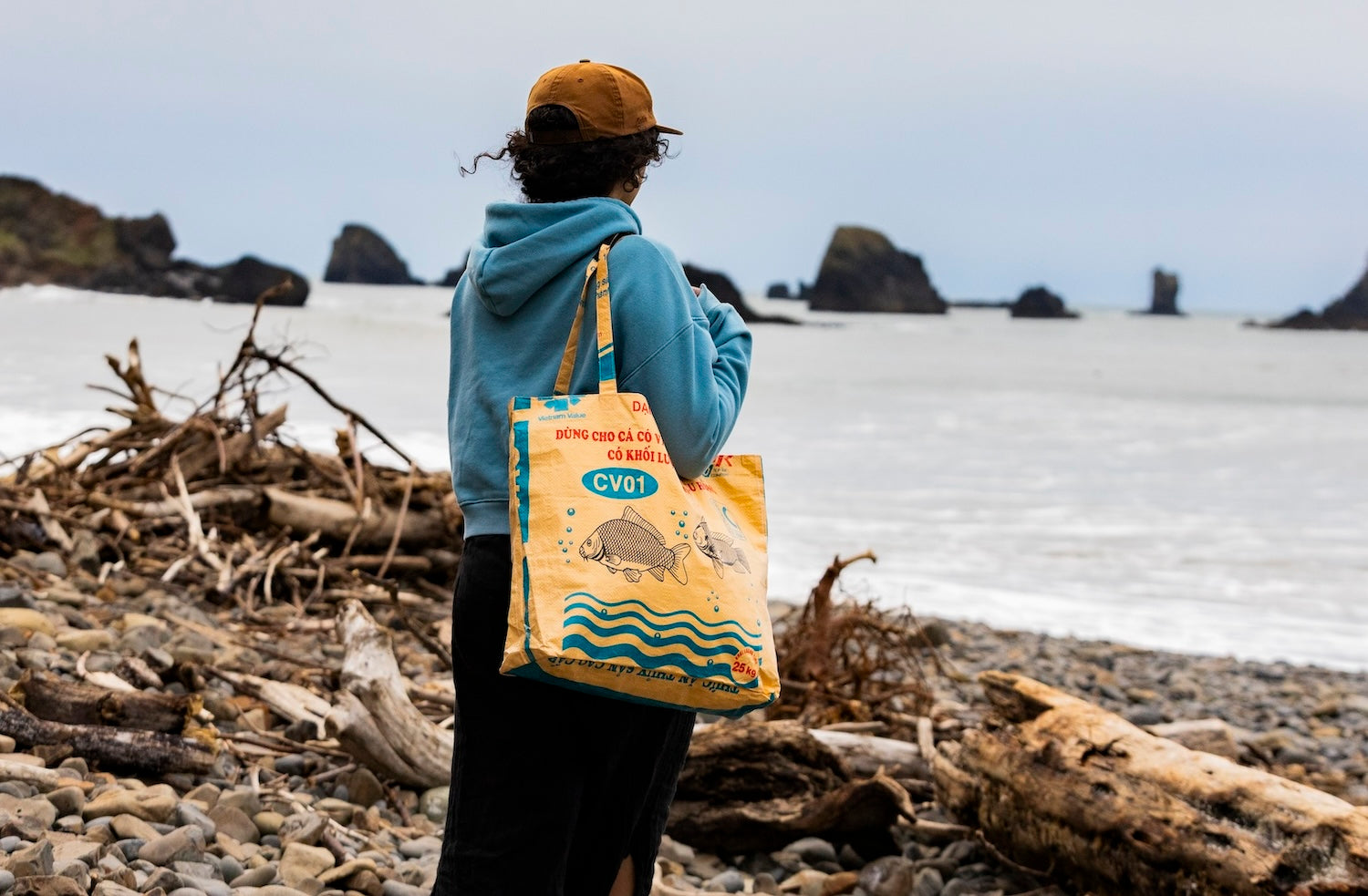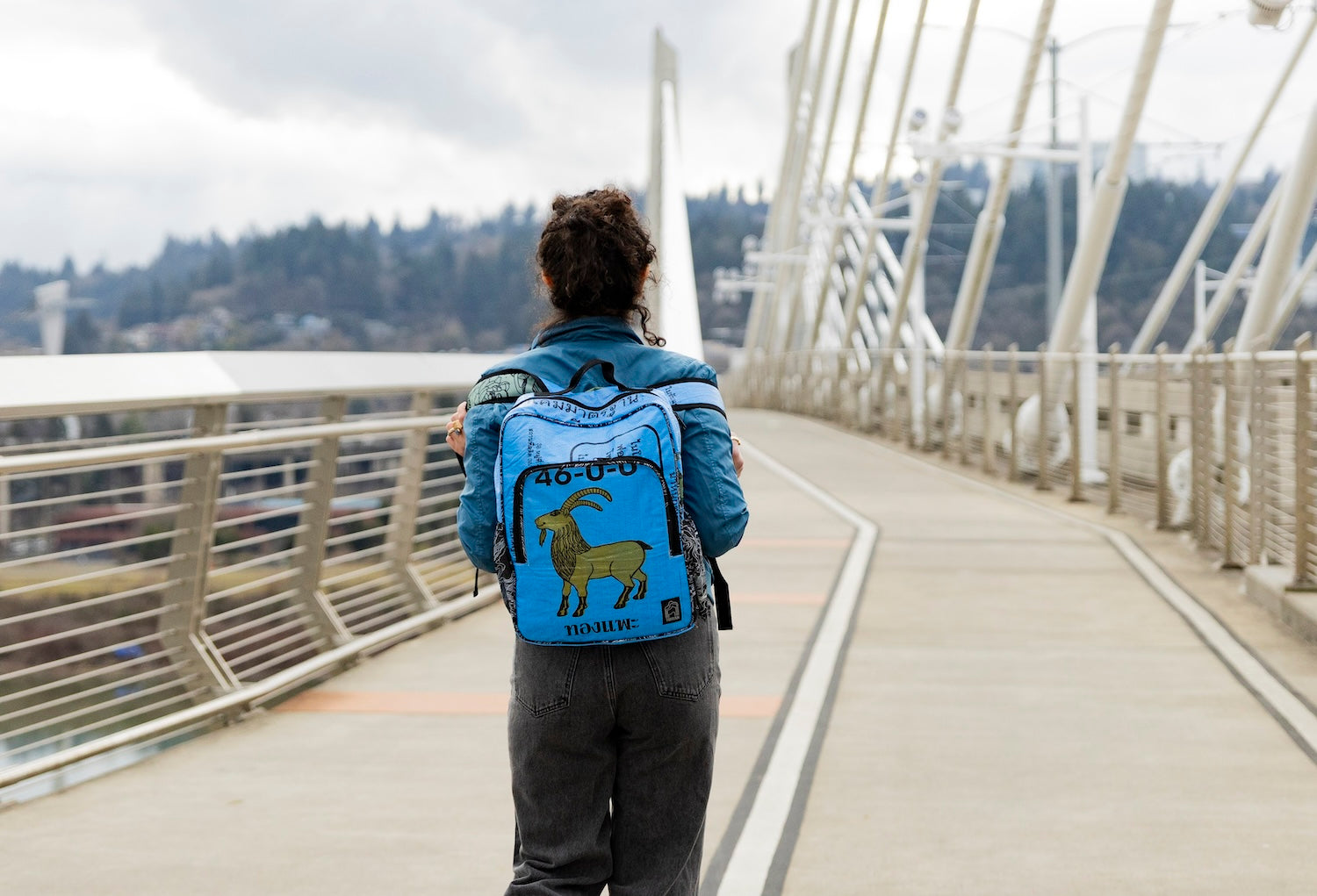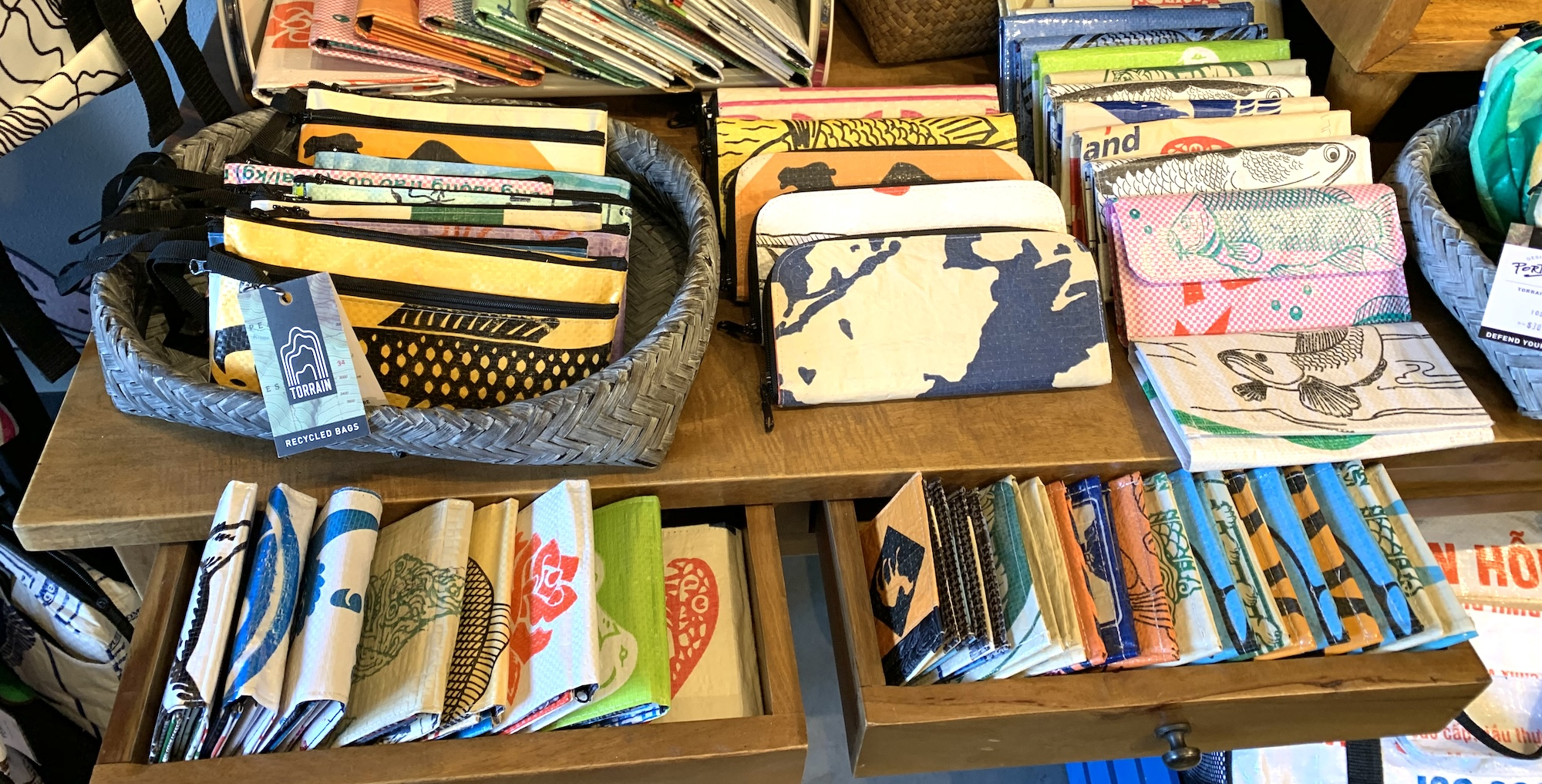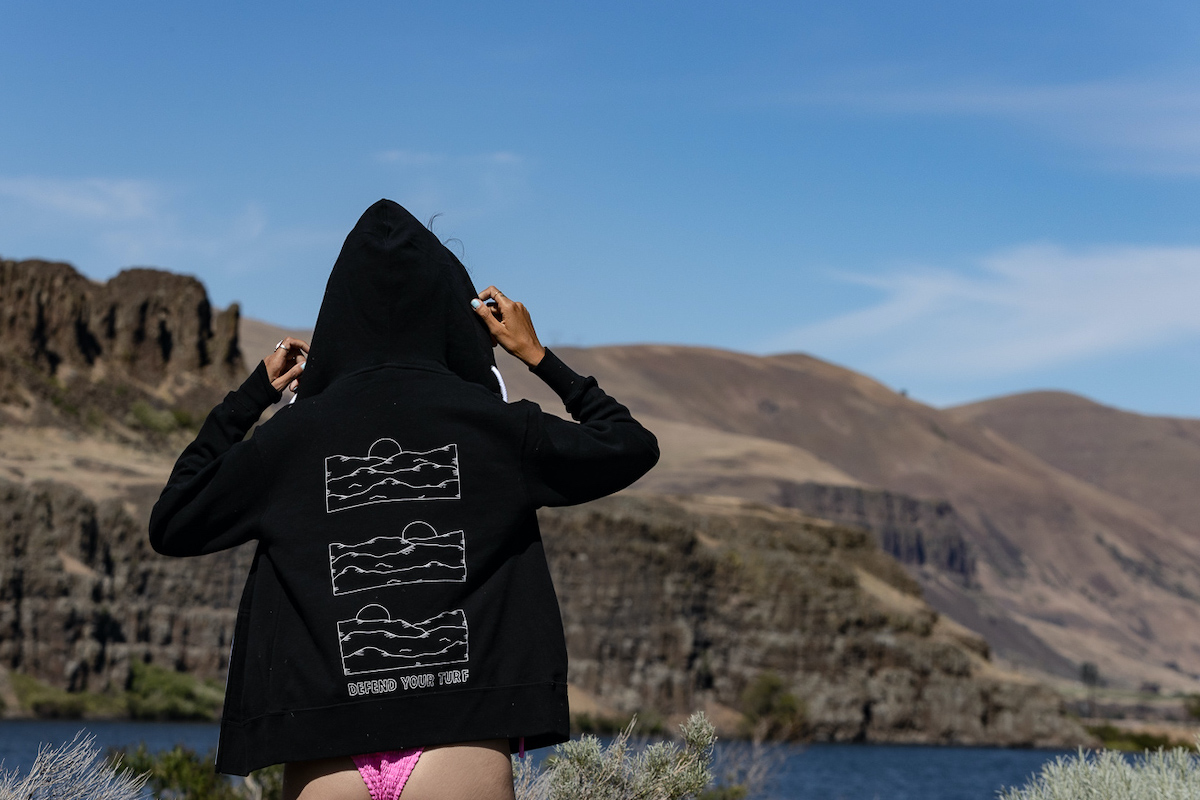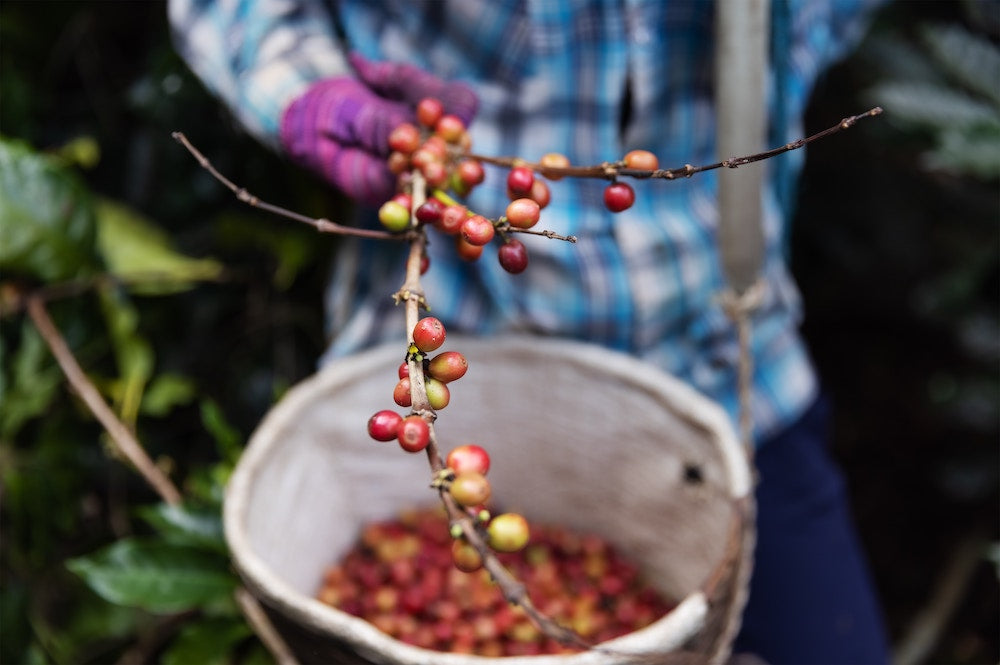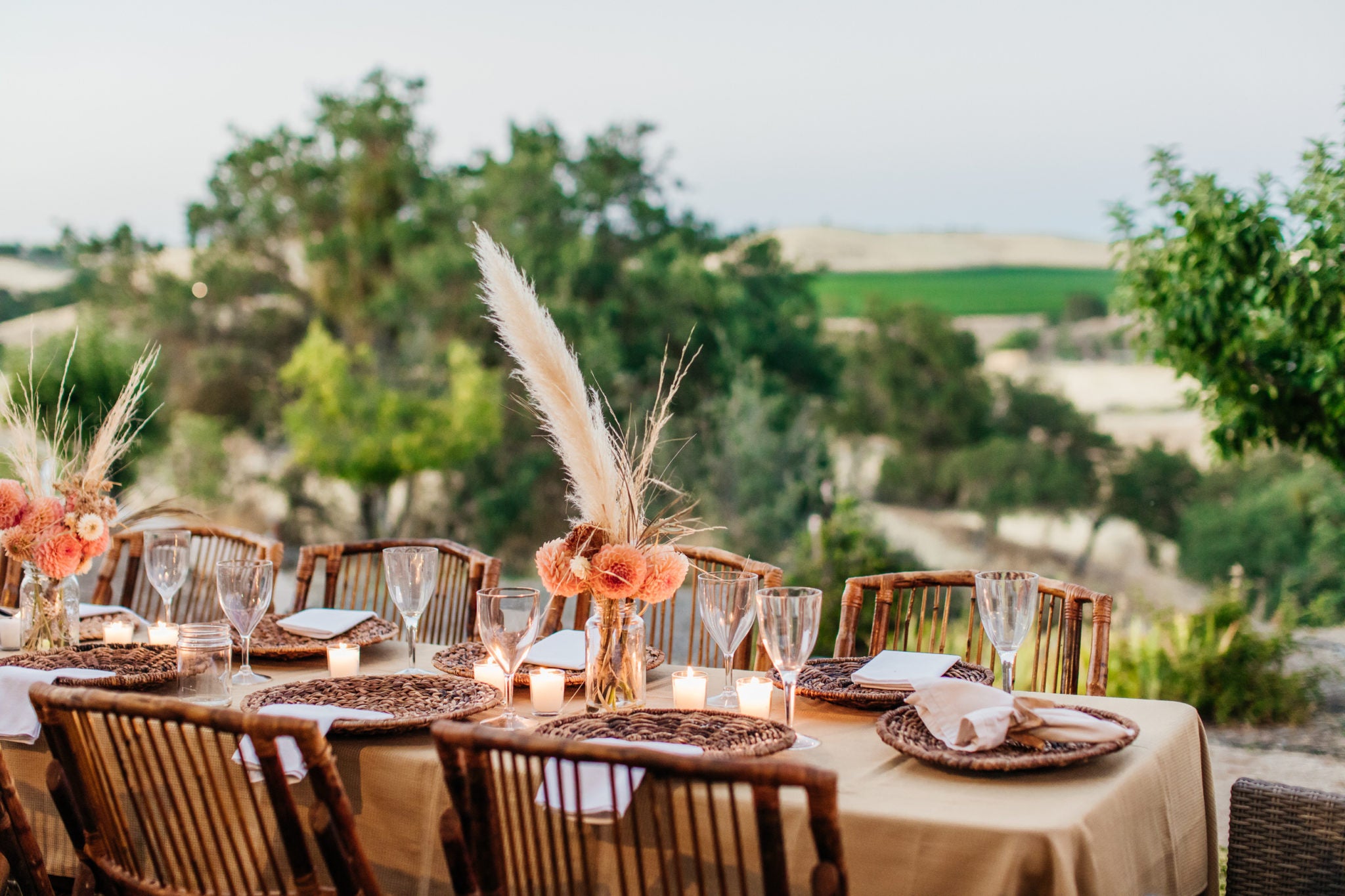“Fair Trade” is a term that is often associated with the fashion industry. However, it’s crucial to recognize that fair trade practices also significantly impact the coffee industry. The sobering truth is that coffee farmers are plagued with exhausting work hours, low prices, and a crop incredibly dependent on climate change. While many marketing slogans promise ethical coffee, it’s essential to understand what these phrases genuinely mean.
Even if you don’t like coffee, someone in your life probably enjoys a Cup of Joe occasionally! After all, coffee is a universal beverage. And just like the fashion industry, there are noticeable disparities in the quality of the product and the quality of life among those who cultivate it. When you purchase fair trade coffee, you’re making a significant impact by ensuring that the farmers who the coffee receive fair compensation that supports their families and communities.
Fair and Ethical Coffee
When a coffee brand bears the certification of fair trade, it signifies that the coffee farmer has considerable autonomy in overseeing their harvest, negotiating contracts with overseas buyers, and receiving training on managing their enterprise within the global market. Fair Trade fosters individual empowerment, enabling farmers to reinvest in their communities, focusing on sustainable growing practices, healthcare, and education.
This luxury item can potentially change the lives of the people that cultivate it when purchased correctly. Coffee prices vary from $5/lb to $30/lb! However, there are better calibers than the price point to determine the quality of life and ethics of the company that sells it.
Marketing Illusion
According to Kim Elena Lonescu, the director of sustainability for the Speciality Coffee Association of America (SCAA), “You can’t necessarily assume that a high price means good working conditions, or that by paying a high price you’re paying for environmental sustainability, unless that is explicit,” says Lonescu. “I think you can assume that if your coffee is cheap, the environmental and working conditions are probably not good.”
The marketing material premium coffee purveyors employ often leverages empathetic narratives but aren’t always truthful. There are certain “buzzwords” that you should keep your eye out for when purchasing sustainable coffee.

Knowledge is Power
- Direct Trade - These words would lead you to believe that the buyer has a direct relationship with the farmer, cutting out the middleman. Theoretically, this would allow the buyer to see the actual work conditions and pay a fair price directly to the farmer and the community. The words “direct trade” are not regulated at all. This is only marketing and has no legal meaning whatsoever.
- Shade Grown - Shade grown is the ideal situation for coffee. It means coffee plants are set up under the canopy of trees, allowing farmers to grow in a natural environment without uprooting all plants and disturbing wildlife. Without certification, this is useless on most coffee bags.
Buy These!
- Organic - This label ensures no synthetic pesticides are used, and soil erosion is mitigated.
- Fair Trade Certified - Guarantees a farmer the minimum price for beans, so they do not need to be sold at a loss.
- When looking for this label, the key is looking for the words “certified.” Many coffee companies will put “fair trade” on their brand, but that does not mean it has been certified.
- Rainforest Alliance Certified - This label places requirements on farms productivity, ensures coffee is shade-grown, and focuses on the conservation of biodiversity and natural resources, as well as the well-being of the farmers, their families, and the community.
- Bird-Friendly Certified - An incredibly robust certification from the Smithsonian Migratory Bird Center. This certification ensures strict adherence to shade-grown coffee guidelines and canopy height. The table equates to a focus on the ecology of the land where the coffee is grown.
Research What You Buy
Sourcing fair trade and sustainable coffee is essential in ensuring that the farmers who cultivate the product receive fair compensation and support for their families and communities. While premium coffee brands may pull at your heartstrings with thoughtful stories, it is crucial to understand the meaning behind the buzzwords and claims they make. Consumers can look for the above certifications to ensure they are purchasing ethically sourced coffee. Consumers can contribute to a more sustainable and equitable future by making conscious choices with clothing and food.



